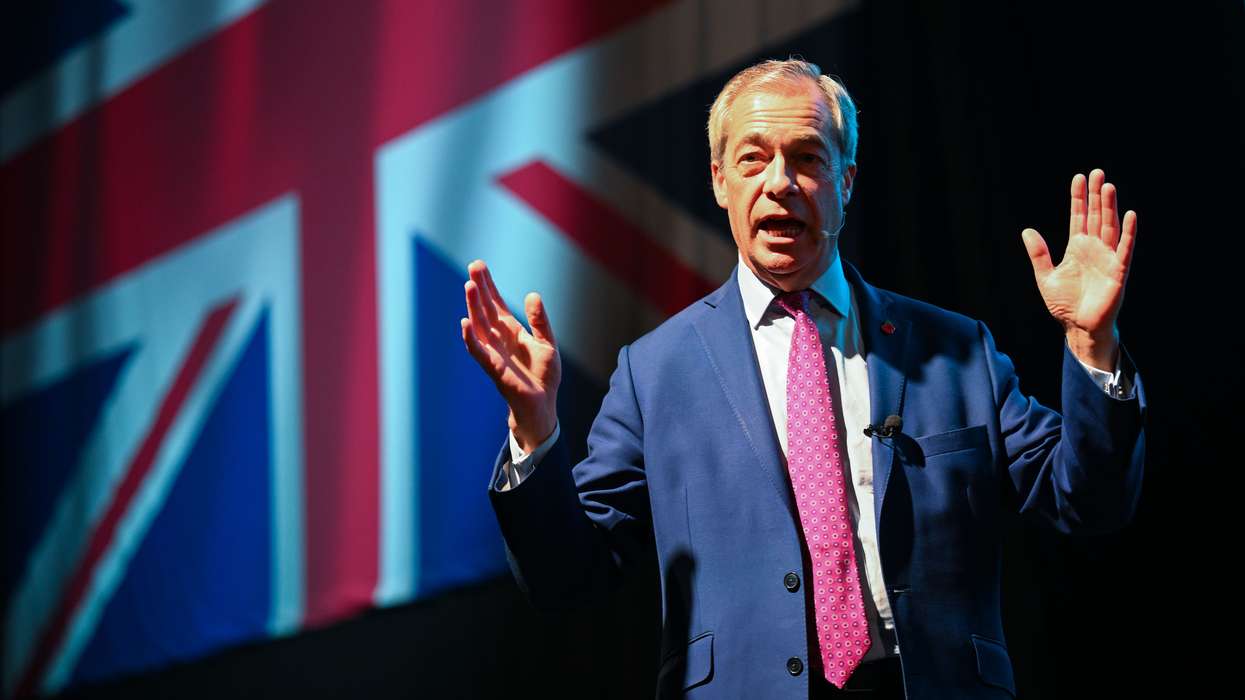Indian skipper Virat Kohli has reached yet another milestone after the flamboyant right-hand batsman was named as the cricketer of the year for 2016. Kohli featured on the cover of 2017 edition of the Wisden Cricketers’ Almanack.
“Virat Kohli, who features on the cover of the 2017 edition of the Wisden Cricketers’ Almanack, is also the Leading Cricketer in the World for 2016, an accolade put in place in 2003 when Ricky Ponting became the first honouree,” Wisden announced.
Kohli smashed a total of four double hundreds in consecutive Test series and led India to series wins against New Zealand, England, West Indies, Australia and a one-off Test victory against Bangladesh. The cover picture shows the skipper going for a reverse sweep shot from one Test match and this is the second time that Kohli has been named the cricketer of the year in their 2017 edition.
Virat scored over 1200 runs in this Test season during the course of his team’s glorious runs in the longest format of the game while was handed over the captaincy reigns from MS Dhoni in the limited overs format too. Though, he had a superb run with the bat, the Indian skipper’s run-flow was brought to a halt during India’s four-match Test series against Australia.
In three matches that he played, Virat only managed to score 46 runs while sustained a shoulder injury during India’s third match in Ranchi after which he opted to be out of the fourth and final clash.
Presently, he has also been ruled out of the cash-rich Indian Premier League due to injury.
While Virat Kohli is named the leading Cricketer in the World, Ellyse Perry was named leading Woman Cricketer in the World. Misbah-ul-Haq, Younis Khan, Ben Duckett, Toby Roland-Jones, Chris Woakes were named the cricketres of the year.



